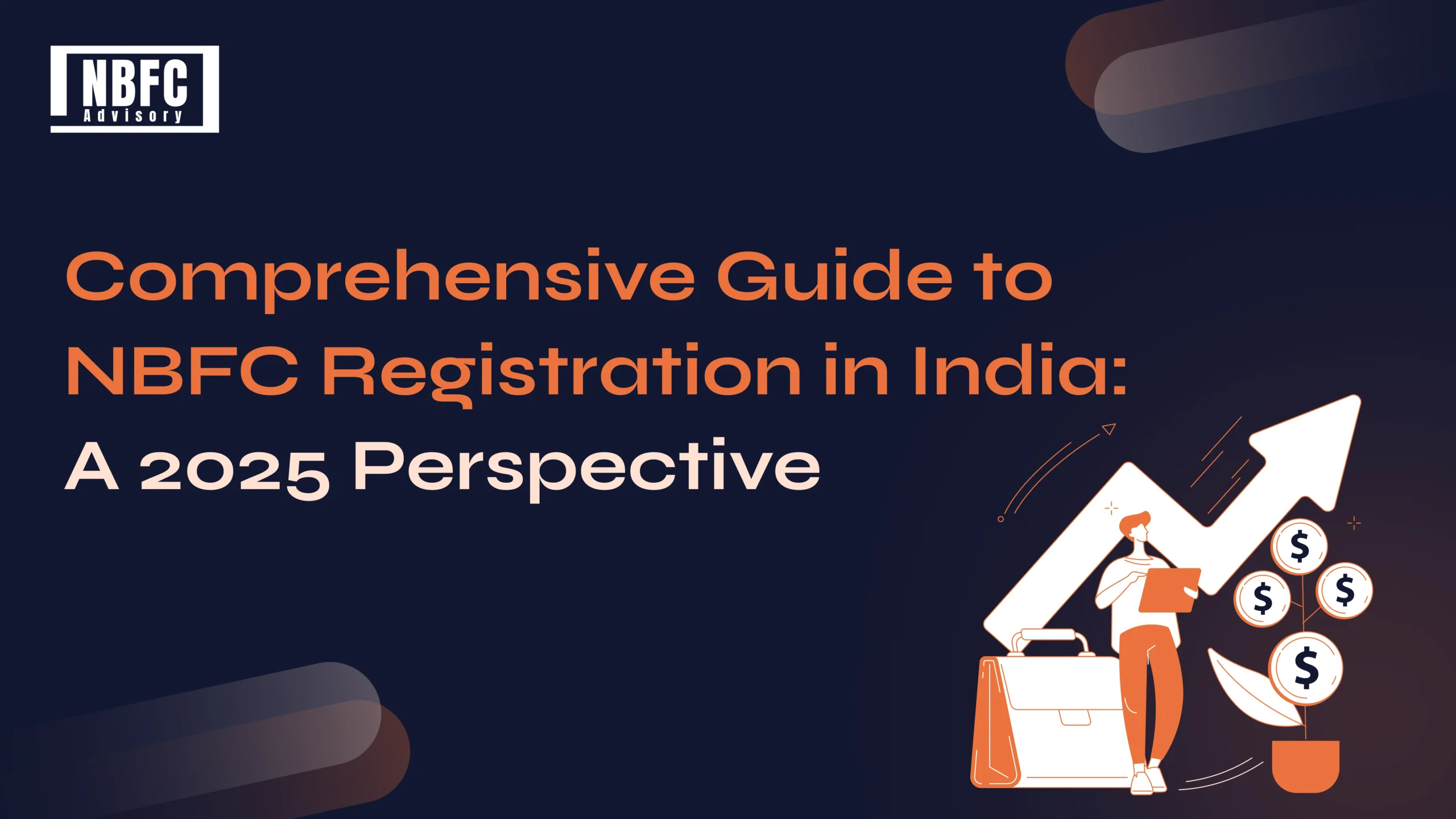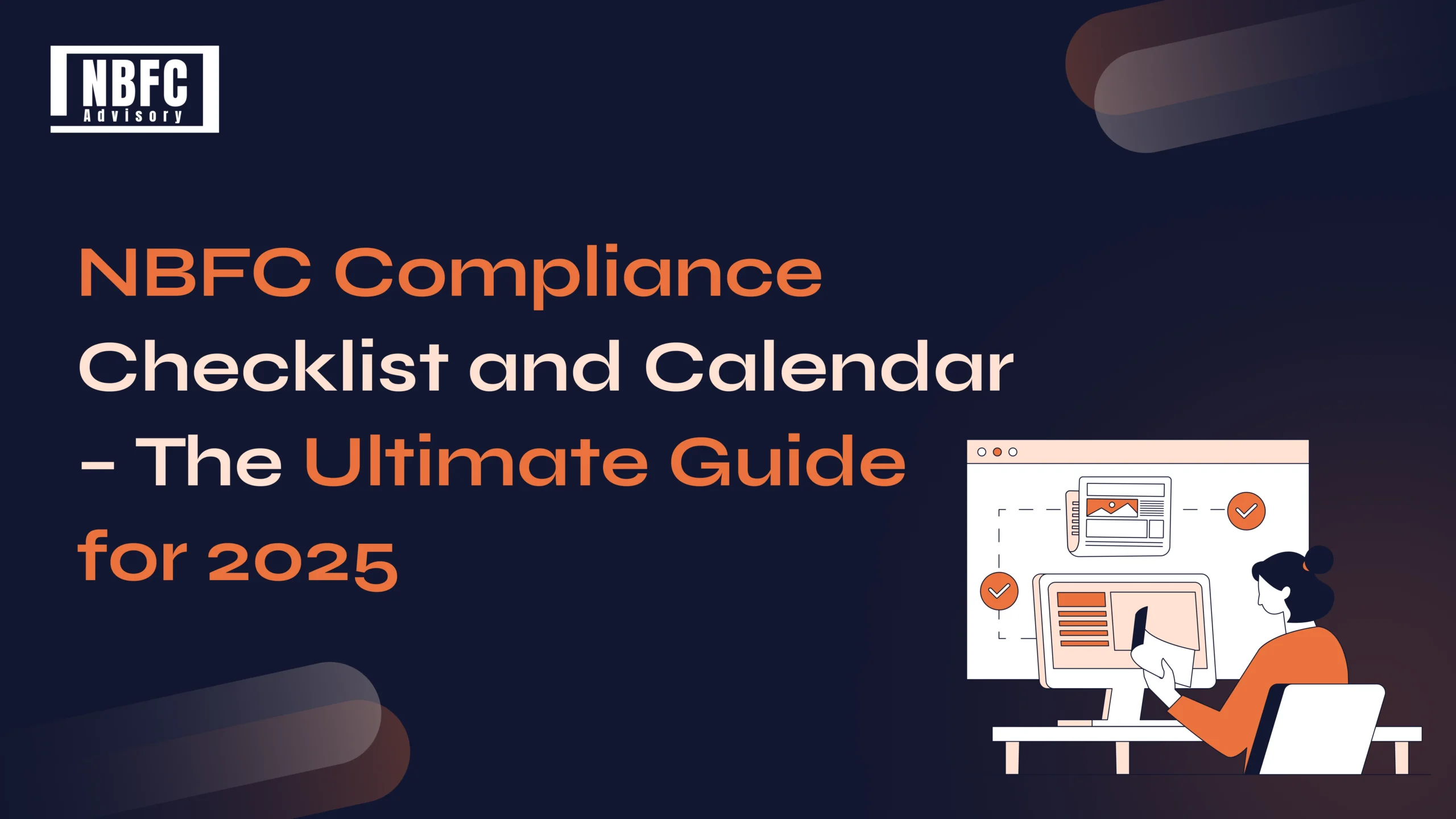NBFC Due Diligence in India has become a necessary step for anyone dealing with a Non-Banking Financial Company. Investors, lenders, promoters, and acquirers can no longer rely only on financial statements. Due Diligence now decides whether an NBFC can operate safely under RBI supervision.
Over the last few years, the Reserve Bank of India’s regulatory stance has become more direct and strict. RBI inspections and actions send a clear message. Companies cannot grow without strong controls.
Because of this change, NBFC Due Diligence in India now checks every part of the business.
What is NBFC Due Diligence?
NBFC Due Diligence in India is a detailed review of an NBFC to assess whether it complies with RBI regulations and remains stable in the future.
Unlike general corporate Due Diligence, NBFC Due Diligence focuses more on:
- Regulatory compliance
- Risk management
- Capital strength
- Customer protection
- Sustainability of business model
In simple terms, Due Diligence checks whether the NBFC is strong enough to handle RBI supervision and market stress.
This process is done before important NBFC transactions. Many NBFC promoters also conduct Due Diligence internally to prepare for RBI inspections or future growth.
Why NBFC Due Diligence in India is critical today
NBFCs are a major part of India’s credit system. As per RBI data, NBFCs manage assets of more than ₹40 trillion and contribute close to 25 percent of total non-bank credit. They play a key role in retail lending, MSME finance, vehicle loans, housing loans, and digital credit.
With this growth, RBI introduced Scale-Based Regulation (SBR) in 2022. Under SBR:
- Larger NBFCs face bank-like supervision
- Governance and risk expectations increase sharply
- Capital and disclosure requirements become stricter
This means Due Diligence must check future readiness, not just past compliance. NBFC Due Diligence in India evaluates whether the NBFC can handle tighter rules as it grows.
Regulatory framework as the foundation of Due Diligence
Every NBFC Due Diligence in India exercise starts with RBI regulations. NBFCs operate under the RBI Act, 1934 and several Master Directions covering:
- Prudential norms
- Governance standards
- KYC and AML
- Outsourcing rules
- Digital lending guidelines
RBI reports show that NBFC systems often do not grow with the business. Due Diligence checks whether policies are actually followed, not just documented.
Licence validity and business scope review
A basic but critical step in Due Diligence is checking the NBFC’s Certificate of Registration. The activities approved by RBI must match actual business operations.
NBFC Due Diligence in India examines whether:
- New loan products were launched without approval
- Any change in ownership or management was reported to RBI
- Group entities are indirectly doing lending
RBI treats these lapses as serious compliance failures. Early detection during Due Diligence can prevent future penalties.
Governance and board effectiveness
Governance is one of RBI’s biggest focus areas. Past NBFC failures have shown that weak boards often lead to unchecked risk-taking.
Due Diligence reviews:
- Board structure and independence
- Fit and Proper status of directors
- Role of audit and risk committees
- Quality of board discussions and decisions
NBFC Due Diligence in India looks for active oversight, not passive approval.
Capital adequacy and Net Owned Fund
Capital protects an NBFC during stress. RBI expects NBFCs to maintain buffers, not operate close to minimum limits.
During NBFC Due Diligence in India, capital review includes:
- Net Owned Fund levels
- Capital adequacy ratios
- Past capital infusions or erosion
- Ability to absorb losses
RBI data shows NBFCs with less capital face quicker intervention.
Liquidity and funding Due Diligence
Liquidity risk is a major concern for NBFCs. Unlike banks, NBFCs depend heavily on market borrowings.
Due Diligence examines:
- Funding sources (banks, debentures, CPs, securitisation)
- Asset–liability maturity mismatches
- Dependence on short-term funding
- Access to backup liquidity
RBI has highlighted liquidity stress as a key risk after past NBFC crises. NBFC Due Diligence in India must assess whether the NBFC can survive funding shocks.
Financial Due Diligence and loan book health
Financial Due Diligence focuses mainly on loan quality, not just growth.
NBFC Due Diligence in India reviews:
- Loan book mix and ticket sizes
- Borrower concentration
- Sector and regional exposure
- Income recognition practices
RBI supervisory data shows that delayed NPA recognition is one of the most common issues found during inspections. Due Diligence helps uncover this early.
Asset classification and provisioning
Correct asset classification is critical. RBI places strong emphasis on timely NPA recognition and adequate provisioning.
During Due Diligence, loan files are reviewed to check:
- Whether NPAs are recognised on time
- Whether provisions meet RBI norms
- Whether loans are repeatedly rolled over
Under-provisioning inflates profits and hides risk. NBFC Due Diligence in India recalculates provisions to show the true position.
Risk management and internal controls
RBI expects NBFCs to have structured risk systems.
Due Diligence reviews:
- Credit policies and approval processes
- Internal audit findings and follow-up
- Early warning signals
- Risk escalation practices
Weak controls usually develop slowly. NBFC Due Diligence in India identifies these gaps before they become serious problems.
Digital lending and technology Due Diligence
Digital lending has increased regulatory focus. RBI guidelines make NBFCs fully responsible for the actions of their fintech partners.
Due Diligence reviews:
- Loan origination and servicing flows
- Fintech and LSP agreements
- Default Loss Guarantee structures
- Data privacy and consent practices
In today’s environment, technology risk is regulatory risk.
Customer protection and recovery practices
RBI places strong emphasis on fair treatment of customers.
NBFC Due Diligence in India checks:
- Grievance redressal systems
- Ombudsman complaints
- Recovery practices and call scripts
- Use of third-party recovery agents
Poor customer practices often lead to penalties and reputational damage.
Many NBFC risks come from group entities.
Due Diligence maps:
- Promoter and group companies
- Related-party transactions
- Inter-company funding
RBI expects transparency and arm’s-length dealings. Hidden group exposure can drain capital and liquidity.
Final Due Diligence outcome
A good Due Diligence exercise does not just list issues. It provides a clear action plan.
The final output usually includes:
- Regulatory risk assessment
- Financial impact analysis
- Governance improvement steps
- Compliance roadmap
Due Diligence continues even after transactions. RBI expects continuous improvement and monitoring.
Connect with an NBFC Due Diligence Expert
NBFC Due Diligence in India is complex, regulator-driven, and detail-oriented. Small gaps today can become major supervisory issues tomorrow.
If you are making a major NBFC decision, expert help is important. Connect with an NBFC advisory to check risks and compliance.
A strong Due Diligence process protects capital, credibility, and long-term growth.
Connect with an Expert for any inquiry.
📞 Call NBFC Advisory: +91 93287 18979
🌐 Visit: nbfcadvisory.com






